
It’s official: the United Kingdom will be hosting .
After was forced to pull out after winning the 2022 edition, the honour of hosting the competition was passed on to the UK.
Sam Ryder finished as runner-up with his song Spaceman, second to Ukraine’s winners, the Kalush Orchestra, and their song Stefania.
And since news broke in June that the European Broadcasting Union were in conversation with the BBC, fans have been arguing over which UK city would make the best home for Eurovision 2023.
The UK has already hosted the competition a record eight times, and we’ve had a look at the bookies’ favourites to be the singing contest’s home city next year and weighed up all the arguments.
Belfast
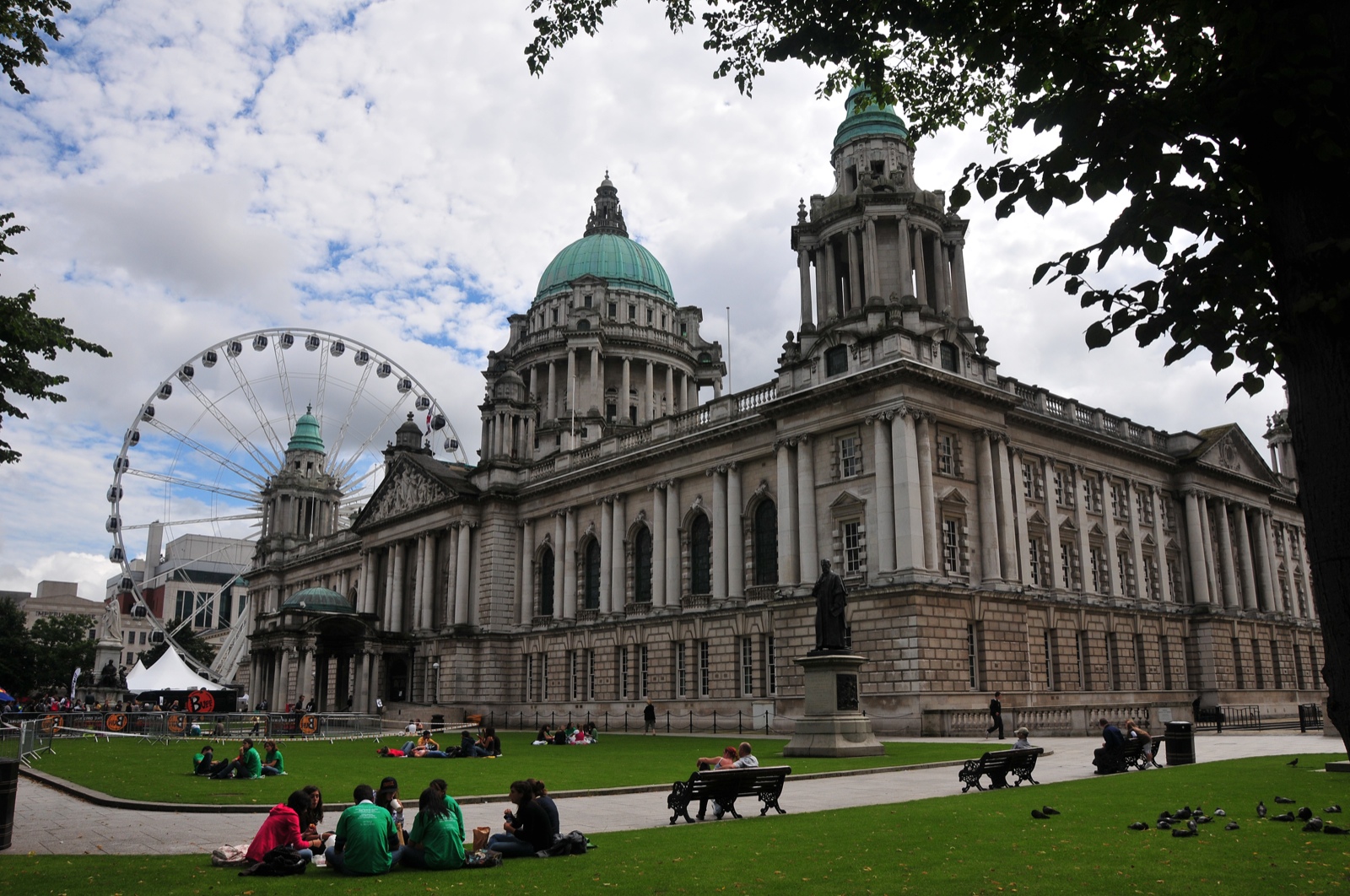
The capital of Northern Ireland is currently the sixth favourite city to host Eurovision. It boasts a wealth of musical history, including famous faces Van Morrison and Brian Kennedy, and is the second-largest metropolitan area on the entire island.
The eyes of the TV world were also fixed on Belfast for almost a decade as HBO fantasy series Game of Thrones set up shop in its famous Titanic Studios, which are less than a mile from where Eurovision 2023 is very likely to be hosted should Belfast by chosen as the host city.
The SSE Arena, located at the impressive Odyssey Complex in the city’s Titanic Quarter, boasts a 12,000-capacity all-seater arena, and councillors Anthony Flynn and Seamas De Faoite have already urged the city to put a bid forward, citing the city’s impressive accommodation and travel infrastructure for tourists.
Cardiff
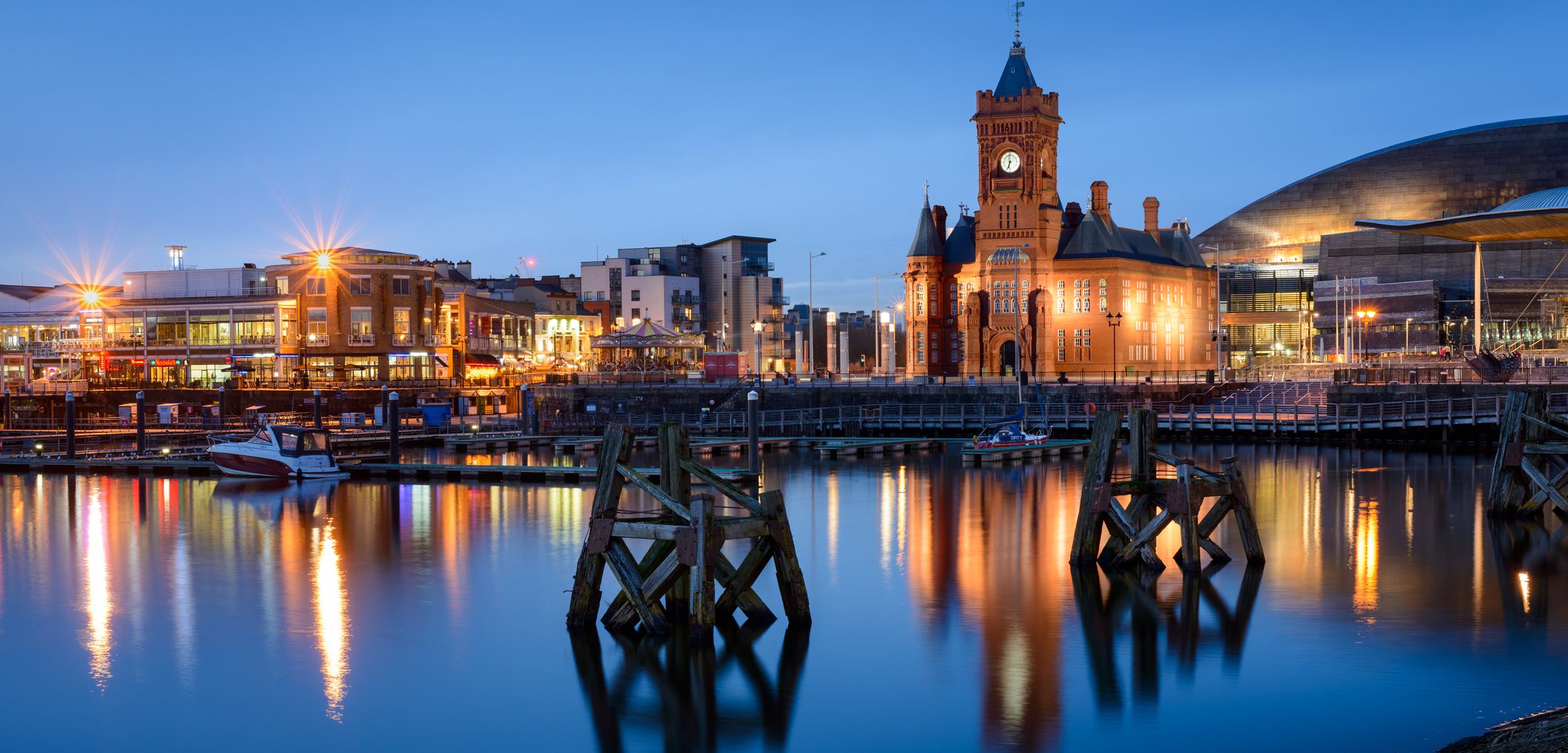
The Welsh capital is next up on the list of favourites to land the honour of hosting Eurovision. The EBU asks that any host venue holds more than 10,000 people which means that the Motorpoint Arena, which was opened by music legend Dame Shirley Bassey in 1993 and holds around 5,000 people, would not be eligible.
But some of the city’s residents are thinking bigger – much bigger, in fact. The Principality Stadium, which held every FA Cup final between 2001 and 2006, sits on the banks of the River Taff and holds a whopping 74,000 people. The stadium is also equipped with a roof – so if the EBU wants to go big for the show, it can.
The Eurovision Song Contest has never been held in Wales before, so if Cardiff were to be the chosen city, it would surely be a special occasion.
Manchester
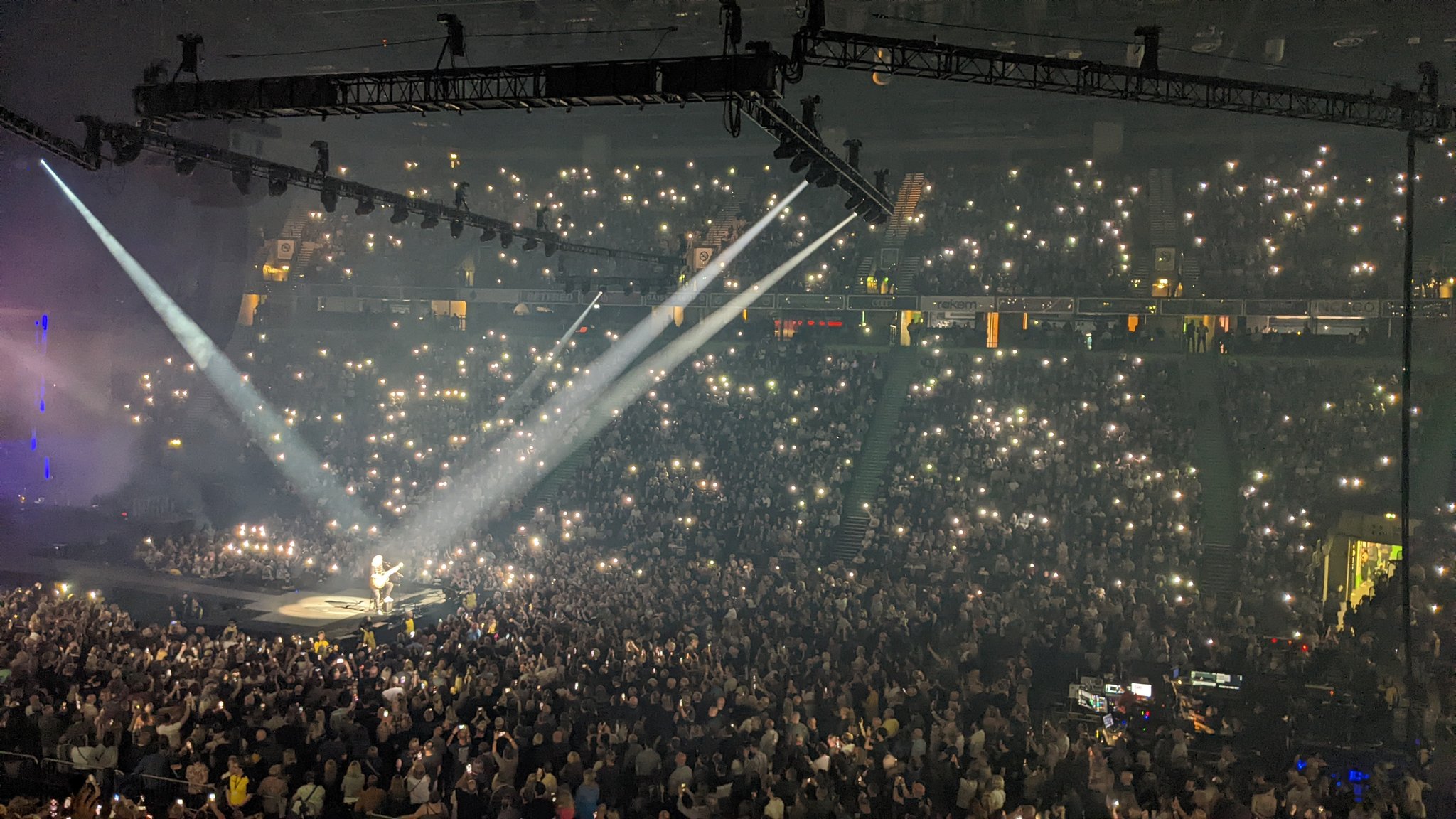
Initially an original favourite to be the host city, Manchester has slipped slightly to fourth in the bookies’ rankings since the news broke around six weeks ago.
Still, Manchester has impressive travel networks (the Metrolink tram system) and trains to surrounding neighbouring towns (such as Stockport, Bolton, and Oldham), plus a wealth of hotels. Fitting people into the city on the night wouldn’t be a problem.
The city also has its AO Arena, which was officially opened in 1995, and has a massive indoor capacity of 21,000. Manchester also has the benefit of being next door to the BBC’s main studio in Salford, which would mean a very short trip across the River Irwell for the producers on the night.
However, problems could arise because Sir Elton John and a Magic Mike show are already scheduled to be taking place in Manchester next May.
Birmingham
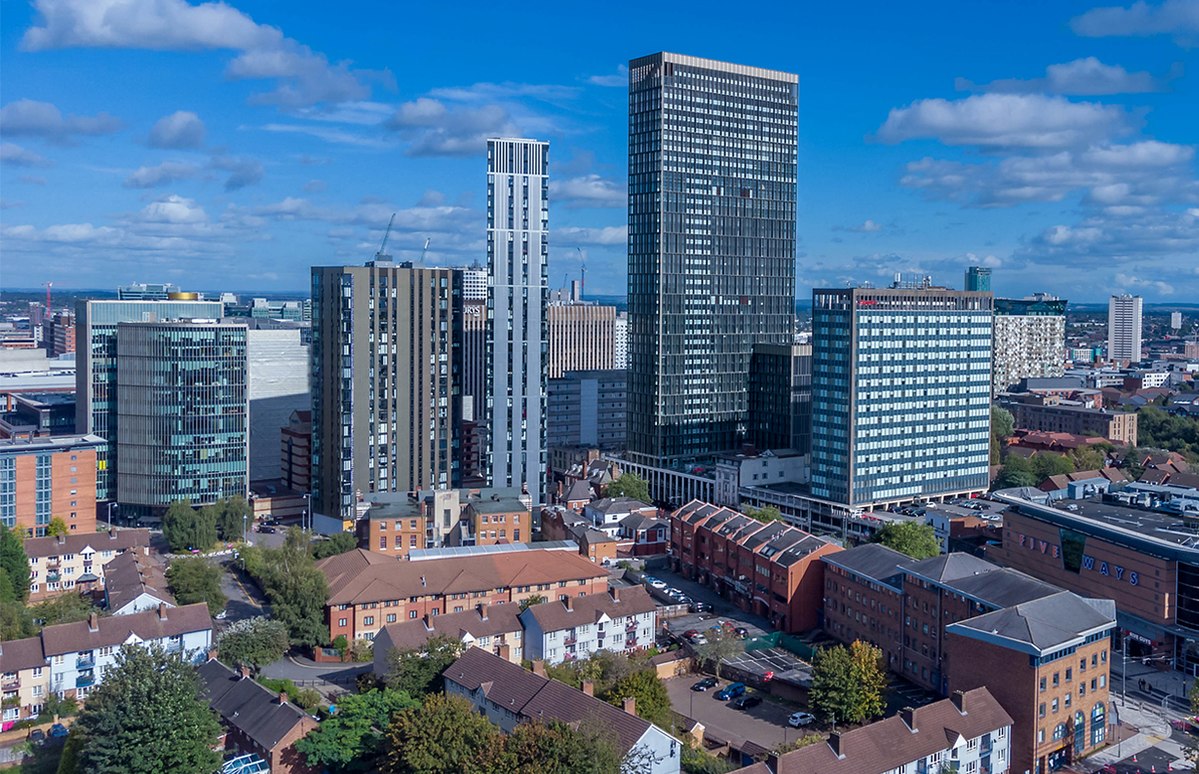
The first city on our list to have already hosted the competition, Birmingham has already made it very clear that it is capable of hosting the famous event – which was the last time the UK hosted the competition, back in 1998, after Katrina and the Waves’ song Love Shine a Light won the year before.
In 1998, the city’s National Indoor Arena (now named Utilita Arena Birmingham) played host to Europe. It currently holds a capacity of almost 16,000, and was almost completely renovated in 2015 at a cost of £26million.
Another arena in contention would be the Resorts World Arena, which is located inside the National Exhibition Centre (NEC) and can hold almost 17,000 people. Although the NEC is a way out of Birmingham, it does have a dedicated railway station and is situated next door to the city’s airport.
London
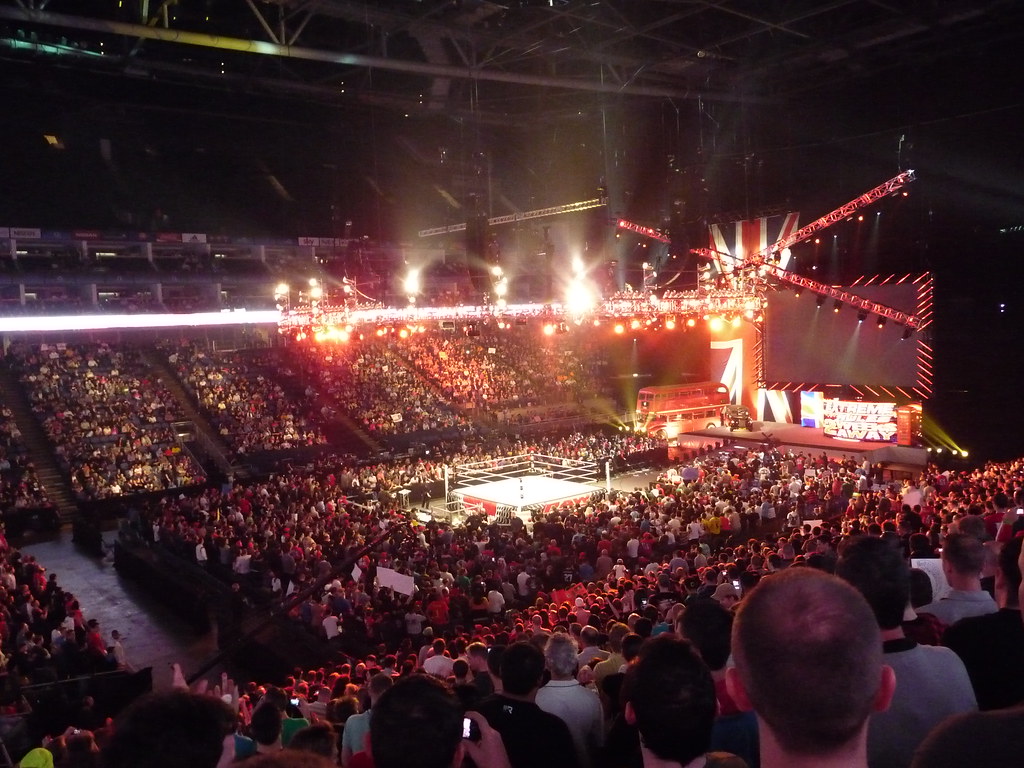
The English capital city has already hosted Eurovision four times, second only to Dublin, Ireland, which has hosted a whopping six times and holds that record. The last time London hosted Eurovision was back in 1977, when there were only 18 entries into the competition.
That year, it was hosted at the Wembley Conference Centre, which was knocked down in 2006. It could be replaced by Wembley Arena, which sits next door to the former Conference Centre site and holds a capacity of 12,500 people, or the O2 Arena, which can squeeze a huge 20,000 people in.
London is such a huge area that it is able to host several huge live events in different parts of the city every weekend. Just recently, Ed Sheeran, Green Day, Sir Elton John, and Diana Ross all played in the city on the same Saturday night, despite all four acts being watched by a combined total of over 200,000 people.
Glasgow
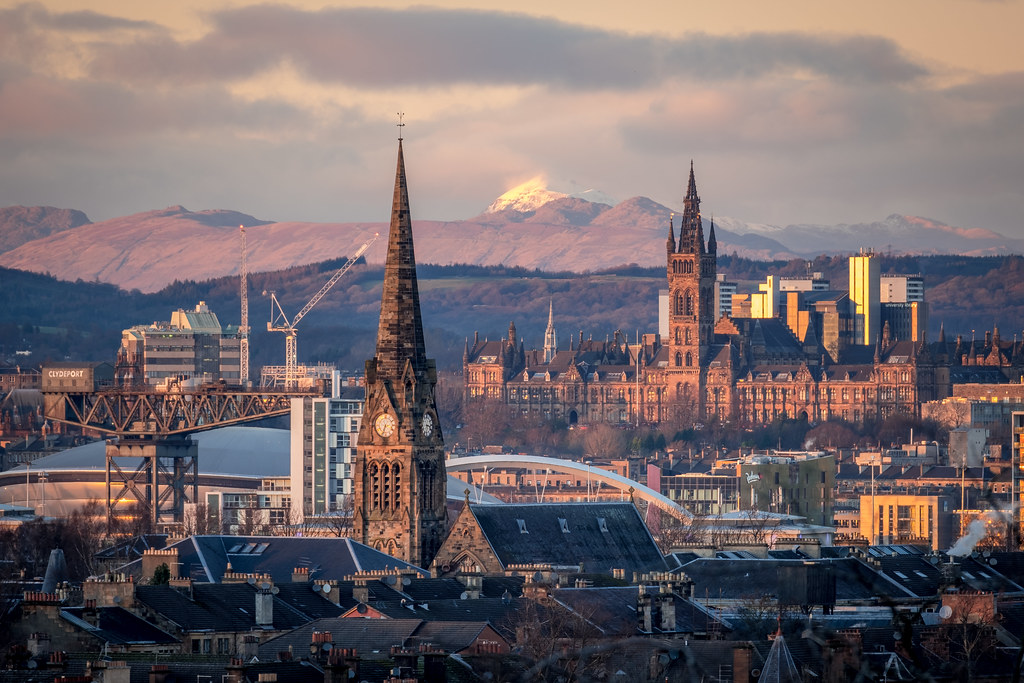
The bookies’ favourite is Glasgow, and with good reason. Scotland has hosted the competition before, over in the capital city of Edinburgh, and Glasgow will be able to show that it’s just as capable of repeating the feat in 2023.
First Minister Nicola Sturgeon has that the city, which was named the UK’s top cultural and creative city in 2019, should be the host of the singing competition next year.
‘We wish Eurovision could be in Ukraine but understand that in circumstances this isn’t possible. However, I can think of a perfect venue on the banks of the River Clyde. The Scottish government is happy to discuss with the BBC’, indicating that the 14,500-capacity OVO Hydro would be the chosen venue.
The city’s subway system, affectionately called the ‘Clockwork Orange’ due to its iconic colouring and tourist-friendly route, will be able to transport spectators around the city at a moment’s notice.




















